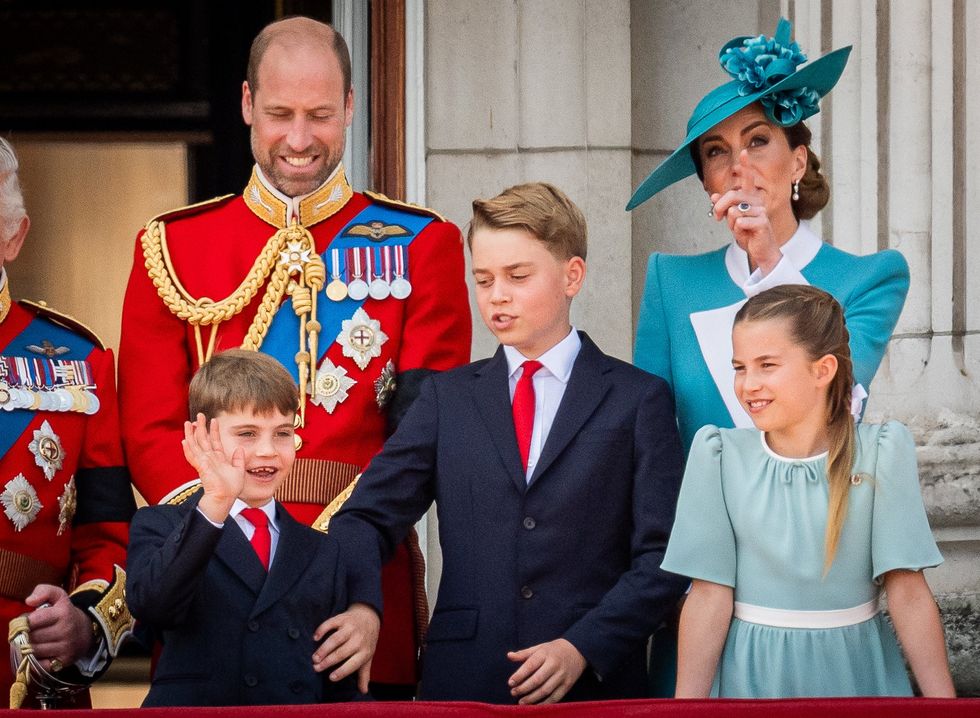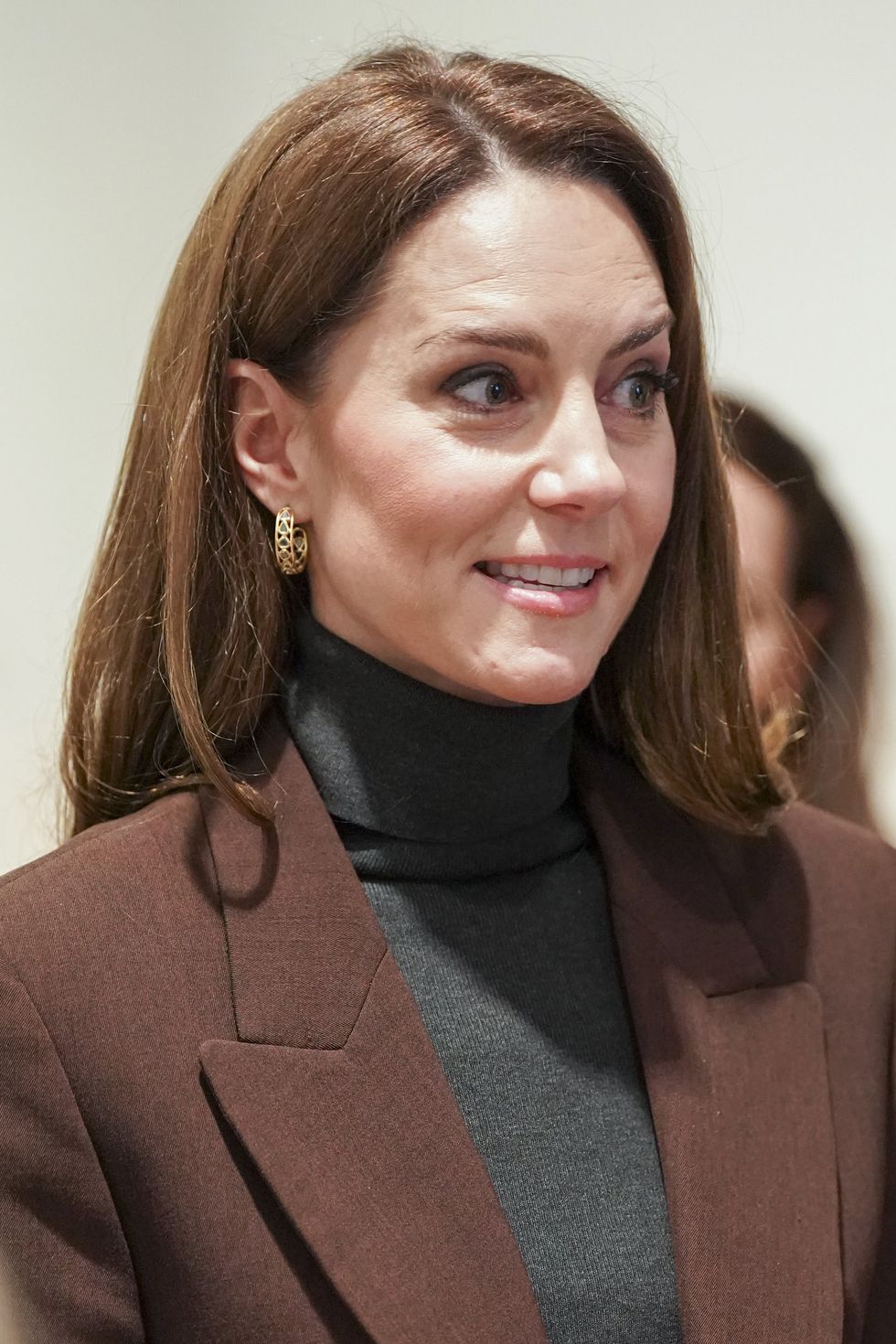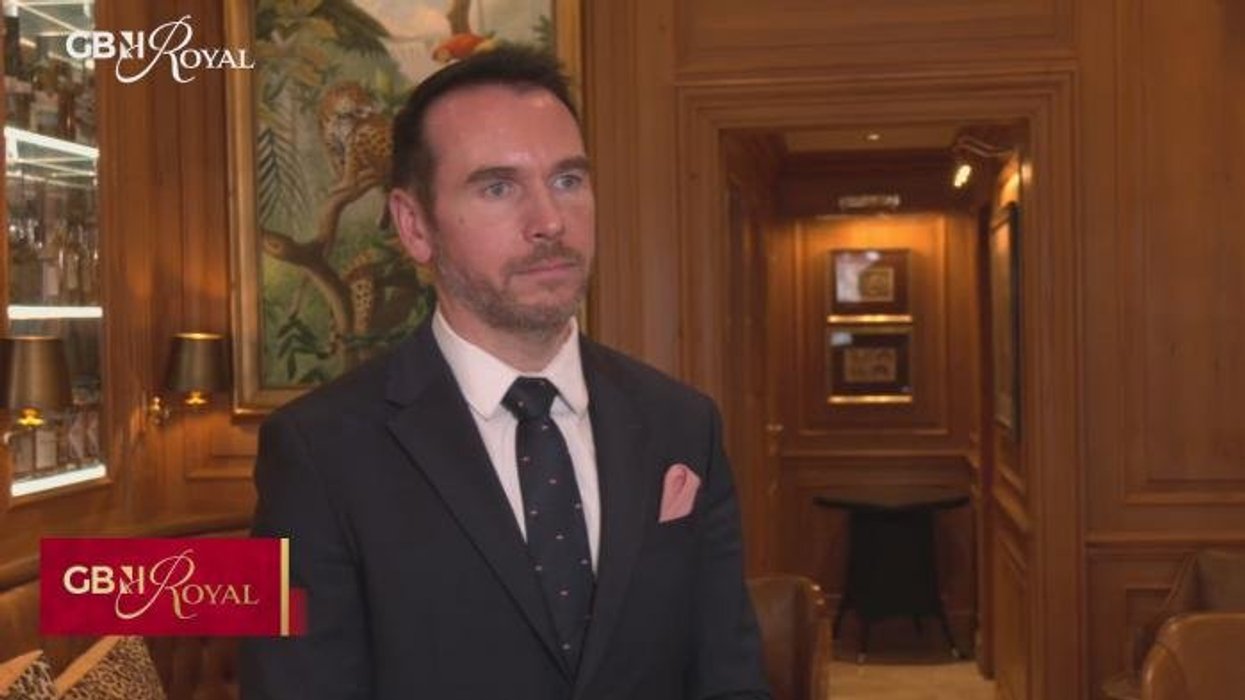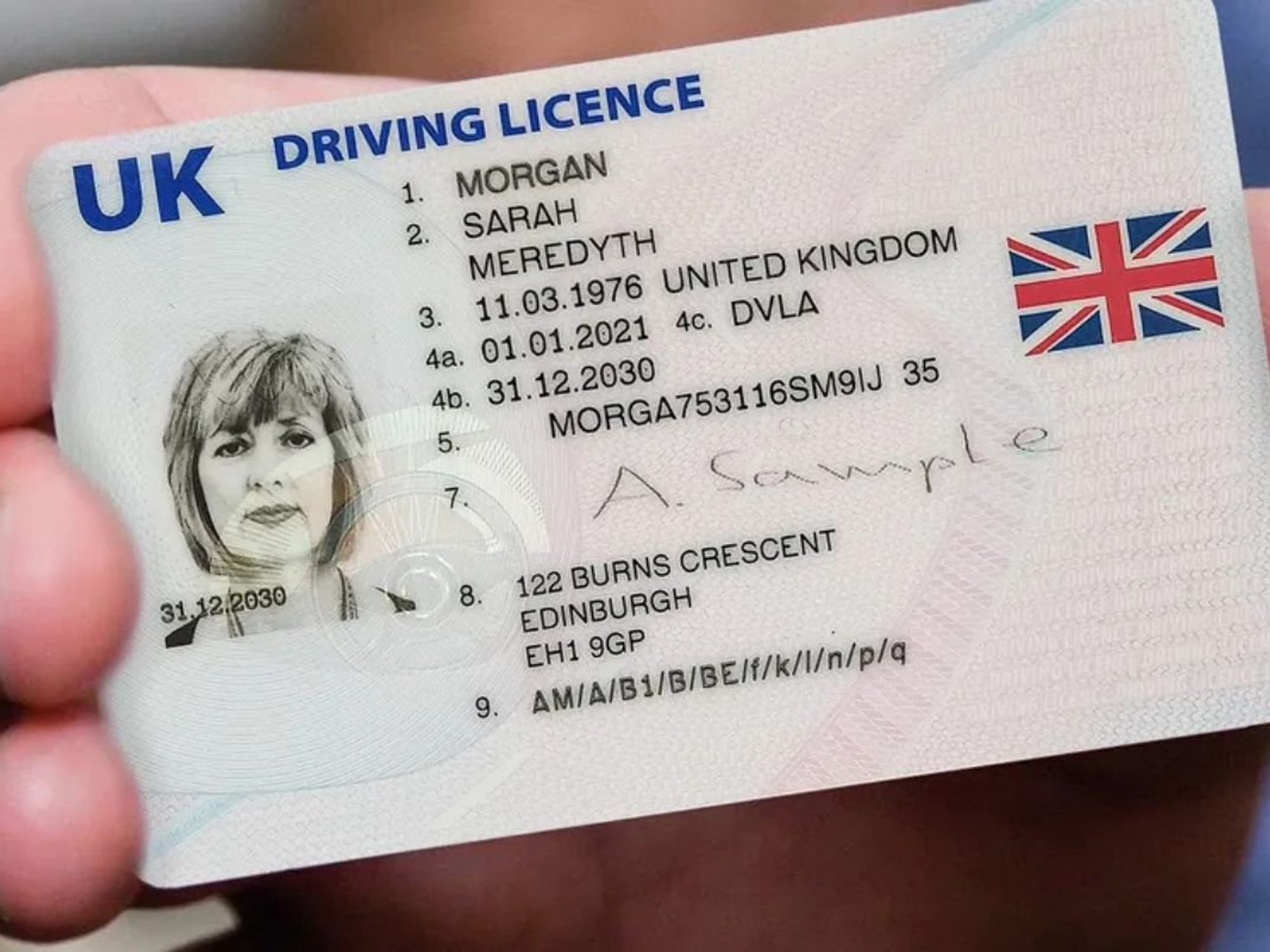Princess Kate releases essay warning reliance on technology is 'toxic to human health'

The Prince and Princess of Wales have banned their three children from having mobile phones
Don't Miss
Most Read
Latest
Princess Kate has released an essay warning that the growing reliance on technology is "toxic to health" as she outlined the dangers of humans losing connections to each other.
The Royal Foundation Centre for Early Childhood have published an essay by the Princess of Wales, titled “The Power of Human Connection in a Distracted World.”
The piece is written in collaboration with Professor Robert Waldinger of Harvard University.
The essay sets out two core points:
- Warm, loving and meaningful relationships are the single greatest investment we can make for health and happiness.
- Modern life, as well as rising loneliness and fragmented attention, are undermining our ability to form those connections, putting at risk the social and emotional development of babies and young children.

Princess Kate has released an essay warning that the growing reliance on technology is "toxic to health" as she outlined the dangers of humans losing connections to each other.
|PA
TRENDING
Stories
Videos
Your Say
It also sets out the science showing that social and emotional skills formed in the earliest years shape lifelong wellbeing.
Together, these ideas form a clear call to action: if we want healthier, happier lives and a more loving world, we must invest in relationships from the very beginning.
The essay also offers a personal perspective from the Princess of Wales on why early childhood matters so deeply to her.
The essay states: “The implications extend across generations. People who developed strong social and emotional skills in childhood maintained warmer connections with their spouses six decades later, even into their eighties and nineties. This demonstrates that these skills are not only teachable but have remarkably long-lasting effects.
“Teaching children to better understand both their inner and outer worlds sets them up for a lifetime of healthier, more fulfilling relationships.
“But if connection is the key to human thriving, we face a concerning reality: every social trend is moving in the opposite direction.

The Prince and Princess of Wales have banned their three children from having mobile phones.
|PA
“For the past 70 years, we have been investing less and less in each other. We are less likely to have dinner together as a family – something we know has an enormous impact on child development. We are less likely to have friends over. We are less likely to join clubs and community groups.
“Perhaps most troubling of all, more people than ever report having no one they can confide in about what is going on in their life.
“We live increasingly lonelier lives, which research shows is toxic to human health, and it’s our young people (aged 16 to 24) that report being the loneliest of all – the very generation that should be forming the relationships that will sustain them throughout life.
“While new technology has many benefits, we must also acknowledge that it plays a complex and often troubling role in this epidemic of disconnection.

The Royal Foundation Centre for Early Childhood have published an essay by the Princess of Wales, titled “The Power of Human Connection in a Distracted World.”
|PA
“While digital devices promise to keep us connected, they frequently do the opposite. Our smartphones, tablets, and computers have become sources of constant distraction, fragmenting our focus and preventing us from giving others the undivided attention that relationships require.
“We sit together in the same room while our minds are scattered across dozens of apps, notifications, and feeds. We’re physically present but mentally absent, unable to fully engage with the people right in front of us.
“This technological interference strikes at something fundamental: our undivided attention is the most precious gift we can give another person. Yet, increasingly, it’s the most difficult gift to offer.
“When we check our phones during conversations, scroll through social media during family dinners, or respond to e-mails while playing with our children, we’re not just being distracted, we are withdrawing the basic form of love that human connection requires.
“The challenge is particularly acute for today’s babies and young children who have been born into a world immersed in digital technology.”
Our Standards: The GB News Editorial Charter











